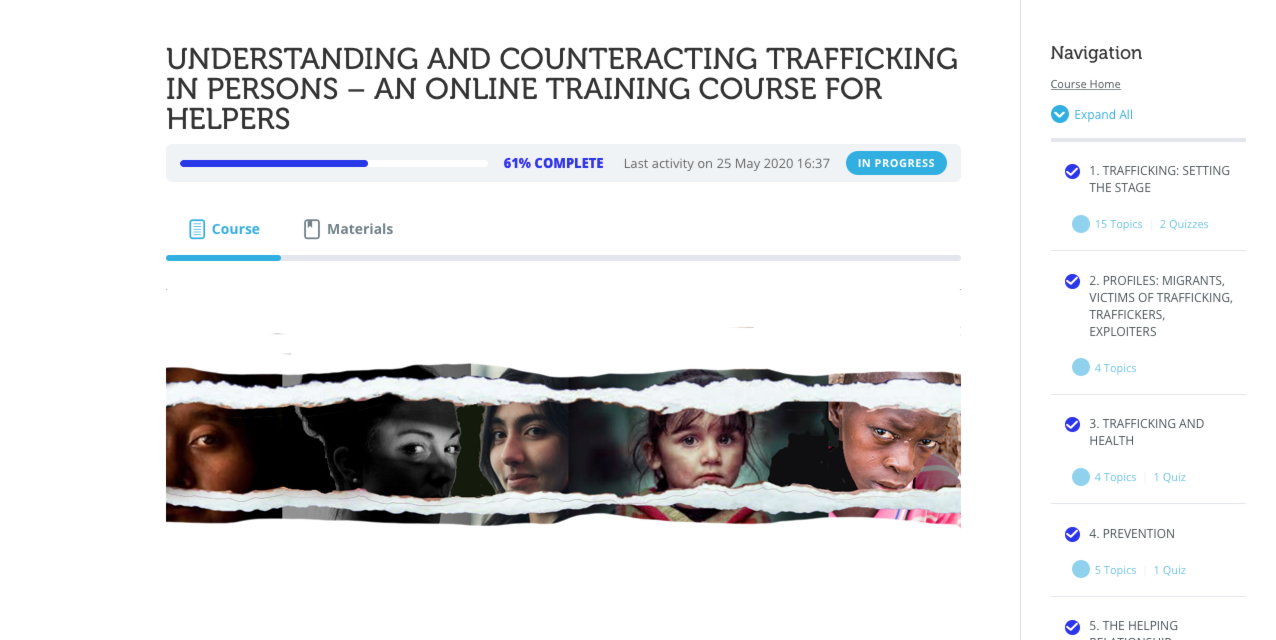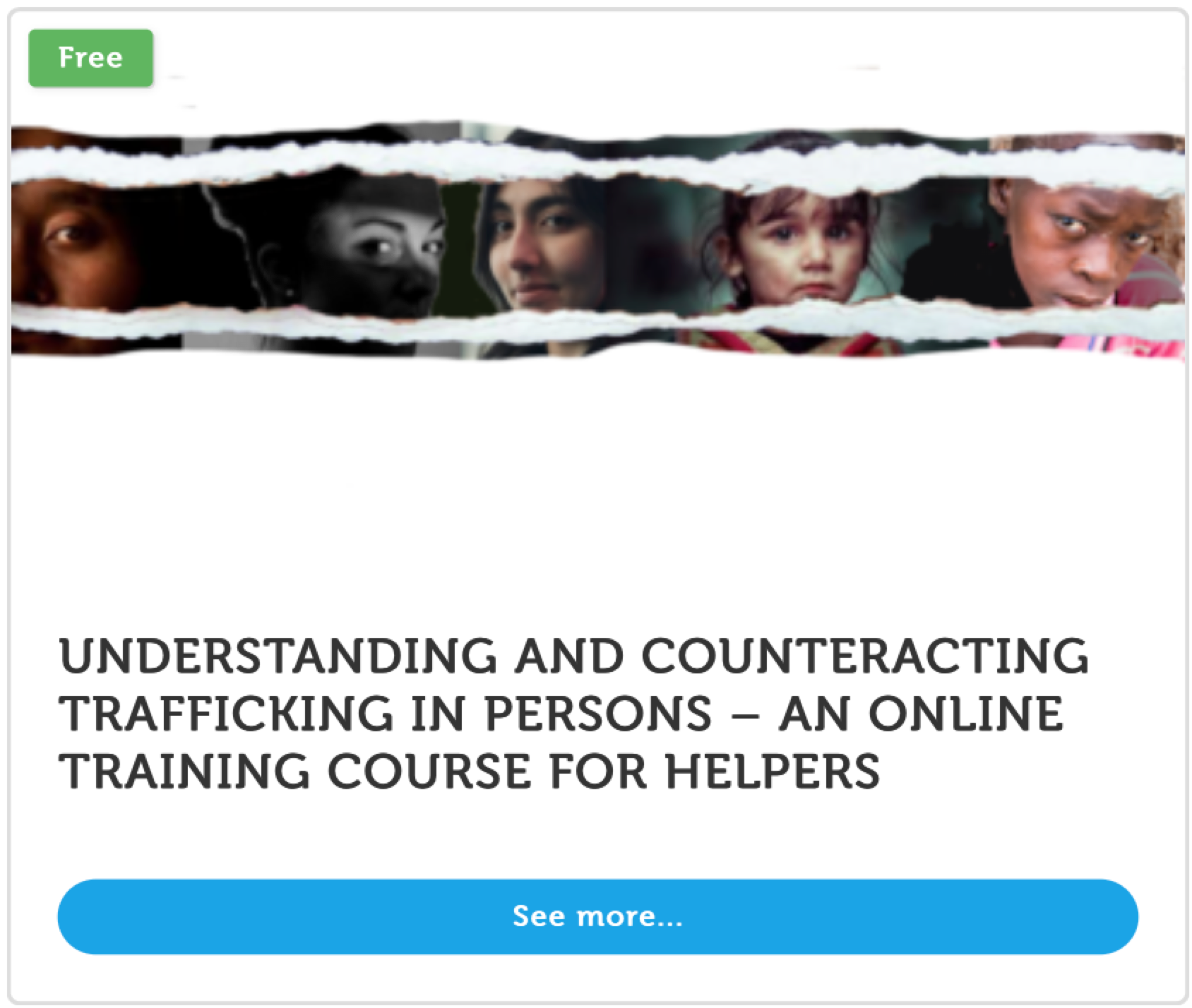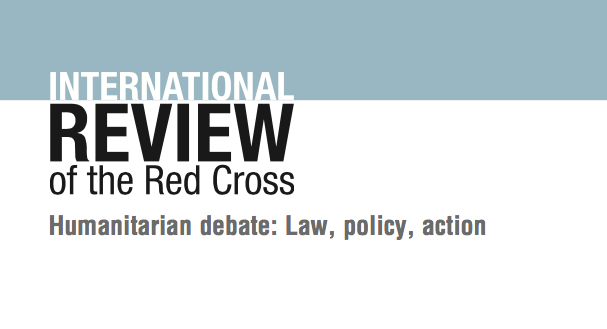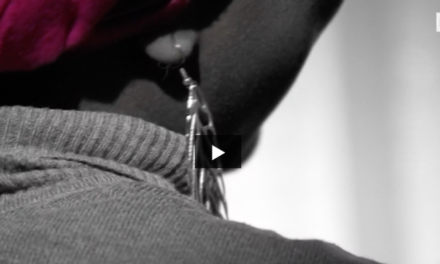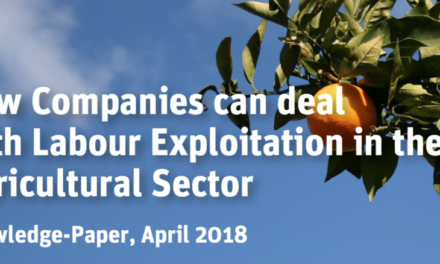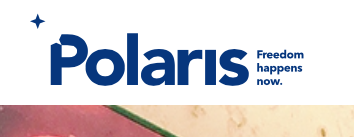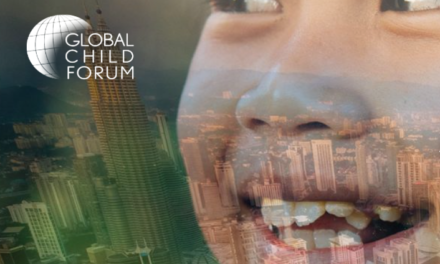UNDERSTANDING AND COUNTERACTING TRAFFICKING IN PERSONS — ONLINE TRAINING COURSE FOR HELPERS FOR ORDER OF MALTA MEMBERS AND AUXILIARIES
The Ambassador of the Order of Malta to monitor and combat trafficking in persons, with the help of a Swiss foundation, the “Collège universitaire Henry-Dunant”, is working on an online course against human trafficking for helpers, which is available freely. Please feel free to participate in this course!
The online course “Understanding And Counteracting Trafficking In Persons – A Training Course For Helpers” is built to meet the expectations of an audience at different levels:
- people who are active and responsible for projects in the field of human trafficking,
- experts looking for a genuine reference library on trafficking, legislation and action plans by country, guides and research on trafficking in human beings from the most important legal and operational actors,
- all who wish to understand the issue of human trafficking.
This course strives to offer professional and practical tools for counteracting trafficking and supporting victims. It does so by promoting three fields of action:
- Prevention of conditions (poverty, inequality, familial abuse) favoring trafficking;
- Assistance to victims and survivors, supporting their physical and psychological rehabilitation and assisting their social reintegration;
- Coordination of activities with already existing support networks.
Navigate freely through the course and quickly reach the topic you are interested in.
Access the best practices: the course can be used as a library to find documents, examples, etc.
It is free of charge in order to make it available to a wide audience.
TABLE OF CONTENTS
1. TRAFFICKING: SETTING THE STAGE
- Definitions & Forms of Trafficking
- Trafficking in Persons and Migration
- Trafficking and Gender
- Dimensions and Process of Trafficking
- Testimonies of Survivors
- Responses: Institutional
- Responses: Social
- Responses: Networking
- Pastoral Orientations on Human Trafficking – Holy See
- Current and Emerging Forms of Slavery Including Its Causes and Consequences Contemporary Forms of Slavery Report of the U.N. Special Rapporteur
- Organisations Fighting Against Human Trafficking & Data
- Handbooks on Best Practices on Fighting Human Trafficking
- Additional Resources
2. PROFILES: MIGRANTS, VICTIMS OF TRAFFICKING, TRAFFICKERS, EXPLOITERS
- Migrants
- Migrants as Victims of Trafficking
- Other Actors: A Cast of Antagonists
- Additional Resources
3. TRAFFICKING AND HEALTH
- The Health Risks: Physical and Psychological
- Sexually Transmitted Infections (STIS)
- Health: A Human Rights Component
- Additional Resources
4. PREVENTION
- The Theoretical Framework of Prevention
- Prevention and Information
- Prevention Strategies
- Prevention and Social Stigma
- Additional Resources
5. THE HELPING RELATIONSHIP
- The Evolving Helping Relationship
- Helping Relationship Models
- Psychological Profile of the Survivors in the Helping Relationship
- Proposal of an Operational Model: “The Basic Postulate”
- Proposal of an Operational Model: “The Psychic System”
- Proposal of an Operational Model: “The Helper Skills”
- Test: The Natural Response
- Proposal of an Operational Model: “The Methodology for the Implementation of the Help Model”
- Negotiating Conflict in the Helping Relationship
- Additional Resources
6. EMPOWERMENT
- Empowerment
- Background, Process, Tools of Empowerment
- Peer Support
- Additional Resources
7. BURN OUT
- A Psychological Perspective
- Burn-Out Syndrome
- Measures for Preventing Burn-Out
- Spiritual Support
- Bakhita Prayer
- Additional Resources

